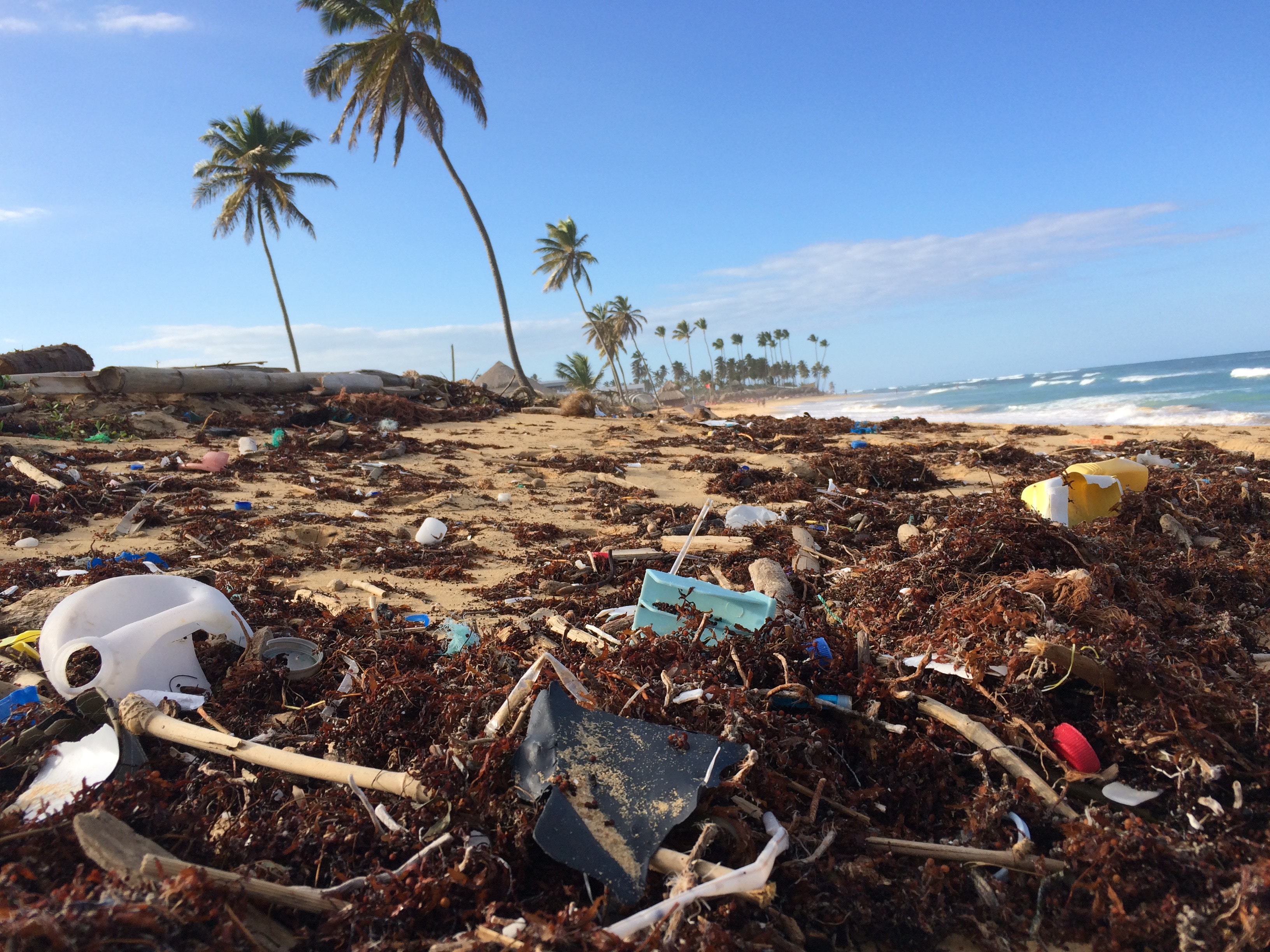Washington, DC enacted its straw ban January 1, 2019, the second city in the country to do so after Seattle. Well, not really. DC actually passed a straw ban in 2014 that everyone simply ignored and the government didn’t enforce. Funnily enough, they introduced this newest straw ban without even realizing they’d already done so.
So why now? And why straws?
The movement that vilified plastic straws (and woke everyone up to their ableism) has been around for longer than you might think given the swelling hullabaloo last summer (2018). As Eater states, “to casual observers, the tremendous backlash against plastic straws seemed to come out of nowhere, but it was by design.” They point to either September 2017 when Adrian Grenier launched his Strawless Seattle campaign or January 2018 when the Surfrider Foundation declared 2018 “the year we say goodbye to straws.” Mashable’s article on the straw-activism movement points to a 2015 viral video of a sea turtle with a plastic straw up its nose. The search term “turtle straw” was most searched on Google the week of August 9 – 15, 2015 with a mild resurgence in July and August 2018.
Both the terms “plastic straw” and “straw ban” hit peak Google search popularity the week of July 29 – August 4, 2018 [see figure below]. Starbucks is the largest retailer to announce a self-imposed ban on plastic straws. They will be replacing all plastic straws with recyclable sippable lids or paper straws by 2020. But that announcement was made on July 9, 2018; peak searching happened several weeks later. I’m certain that activists against single-use-plastic, ocean lobbyists, and many more individual and collective efforts are part of the plastic straw story. To them, this announcement and the announcements by other companies and other cities are the culmination of extremely hard work. But to the rest of us, it seemed like a phenomenon that arrived overnight.
It’s not entirely clear what set off the firestorm of activity that had regular, everyday people all of a sudden feeling guilty for sipping from a straw the way they’d done at every bar and restaurant since they could remember. Carrying around a stainless steel or aluminum straw to sip your Starbucks both guilt-free and a little smug became not only socially permissible, but socially rewarded. Everyone became an anti-straw advocate, proudly eschewing a proffered straw so they could drink their gin and tonic the way it was meant to be–all tonic followed by a wave of straight gin. And then even liberals and conservatives took up their sides; accusations of “virtue signaling” were counteracted by hot women posting photos of themselves using straws.
The causal mechanism in this wave of support is not entirely clear, but I have a couple guesses as to why straw-activism became oh-so-popular.
Hassle Factors.
People do not like hassles. For most people, declining a straw is easy, painless, effortless, and costless. There is not much hassle to the process, and so the decision is far easier to make than one that is hard, painful, takes effort, or costs money, aka most of the other ways individual people can reduce their impact on the environment. Limiting air travel, eating a vegan diet, and not owning a car all have a far greater impact than not using straws, but they all also take a whole lot more effort. As National Geographic summarized it: “Eight million tons of plastic flow into the ocean every year, and straws comprise just 0.025 percent of that. But that hasn’t stopped the straw from becoming the major focus of recent environmental campaigns. This is in part because, for most able-bodied people, the straw is something you can easily do without. Eliminating plastic straw usage rarely requires a drastic change in behavior.”
Everyone (Cool) Is Doing It.
People like going along with what a group of people is doing. Everyone started getting in on straw-activism at around the same time. For a while in late summer 2018 it seemed like going straw-less was the social norm. And by becoming a social norm, even more people jumped on the bandwagon, not wanting to be left behind. At the same time using a non-plastic-straw became a symbol of status and environmental activism. An action with very little cost to the individual was thus rewarded with benefits that outweigh those costs.
Certainty.
People like things that are certain. You are either going to use a straw with that drink or you’re not. You can be certain that in that singular choice you will either be contributing to the single-use-plastic problem or not. This decision has a lot more certainty than, for example, purchasing ethical clothing. You need clothing (most people don’t need straws) and the clothing you’re buying is in a retail environment often quite far from where it is produced. The impact you’ll have on ethical factory practices feels diffuse (it’s just one shirt after all) and uncertain (it’s hard to find out what factory it was made in and how that factory treats their workers). Buying one shirt from a company who might be treating factory workers unfairly doesn’t feel the same as using or not using a straw in a particular instance.
There are some problems with straw-activism.
For starters we must acknowledge that plastic straws are necessary for many people with disabilities. For this reason, Washington, DC’s ban includes instruction to businesses that they must keep plastic straws on hand for customers who request them, to accommodate such needs.
But there are problems from an environmental perspective as well. Straws, while ubiquitous, are a small percentage of the plastic in our oceans. Therefore the impact of straw-activism can only go so far. Plastic straws make up 0.03 percent of total plastic waste by mass, according to Bloomberg News. On the other hand 46% of trash in the ocean is abandoned fishing equipment. Going strawless will have a super small impact.
But is it a “gateway drug”?
Two theories with their roots in psychology suggest that straw-activism might be a gateway drug to more impactful behaviors: the foot-in-the-door technique and spillover. The foot in the door technique ”aims at getting a person to agree to a large request by having them agree to a modest request first.” The idea here is that getting people on board with not using plastic straws now will lead to them acquiescing to more difficult, costly, and impactful requests later.
I’m not convinced that this is going to prove effective. First, this wasn’t framed as someone’s first step toward making a larger personal impact on the economy. A lot of people hopped on the bandwagon simply because it seemed like the chic or smart thing to do. Second, I think becoming a straw-activist might make someone feel they have the moral license to avoid some of these more effective actions that are a bigger hassle, like the study that showed people who brought their own reusable bags to the store purchased more junk food. Feeling like you’re doing something good might license you to not think more critically about your environmental impact.
Then there’s the potential for spillover. Spillover is “the idea that engaging in a single behavior can psychologically motivate us to engage in either more or less similar behaviors.” Moral licensing is actually a form of negative spillover, with the positive action resulting in negative impacts on other behaviors. But there’s also positive spillover, which might be decreasing the use of other single-use-plastic due to your heightened sensitivity around the issue, or supporting environmental policy change due to increased knowledge.
The Upshot
I believe environmentalists and activists are hoping this is the case. They have their foot in the door and they’re looking to push it all the way open. They’ll just need to push past people’s resistance to taking the more hassle-ridden and diffuse actions required to make more impactful change.
What do you think? Is straw-activism the easy behavior change that builds up willingness to make harder behavior changes? Is straw-activism a positive development even with its limited impact? Do you engage in straw-activism?
Tweet at the author to let us know: @SnoekEmily











